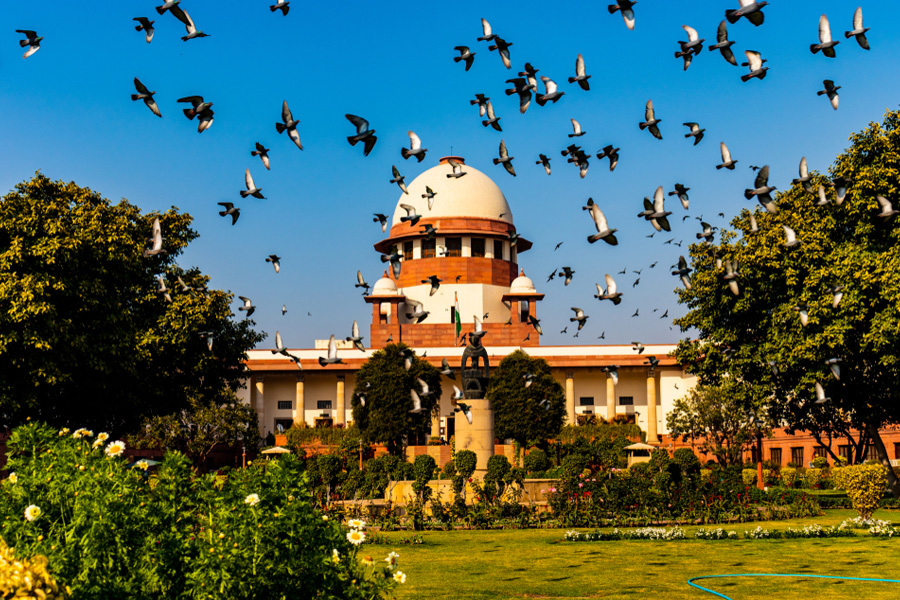
This article first states and then critically examines the doctrine of the Supreme Court of India on the use of international law for constitutional interpretation.
Author
Khagesh Gautam, Associate Professor, O.P. Jindal Global University, Sonipat, Haryana
Summary
Can a domestic court rely on, or refer to, international law while interpreting the country’s constitution, and if yes, then what is the extent to which such reliance or reference is permissible? This is the key question that this article, for the first time, examines in the context of the Supreme Court of India. The question is examined in the backdrop of a currently pending matter before the Supreme Court of India in which certain refugees from India’s neighboring countries have claimed that the principle of non-refoulement be read into the Life and Liberty Clause of the Indian Constitution.
The Indian government is resisting this claim on three grounds: (i) a traditional separation of powers defense; (ii) on facts (that many of these refuges are involved with terrorist groups such as ISIS); and (iii) that since the international law principle of non-refoulement does not bind the Indian government, the principle cannot be read into the Life and Liberty Clause of the Indian Constitution.
This article first states and then critically examines the doctrine of the Supreme Court of India on the use of international law for constitutional interpretation. The Court’s doctrine on this point discloses that both international treaty law as well customary international law are considered acceptable aids to constitutional interpretation. The article engages with these rules to clarify their scope and content.
Once the scope and content of these interpretative rules is clarified, they are then applied to the facts of the pending litigation before the Supreme Court of India. For this purpose, reliance is placed on the briefs filed by the Petitioners, Interveners, and the Indian government before the Supreme Court. The article finds these interpretative rules do not permit the principle of non-refoulement to be read into the Life and Liberty Clause of the Indian Constitution.
Published in: Stanford Journal of International Law (SJIL)
To read the full article, please click here.


